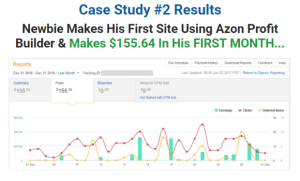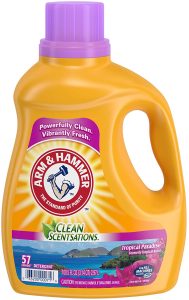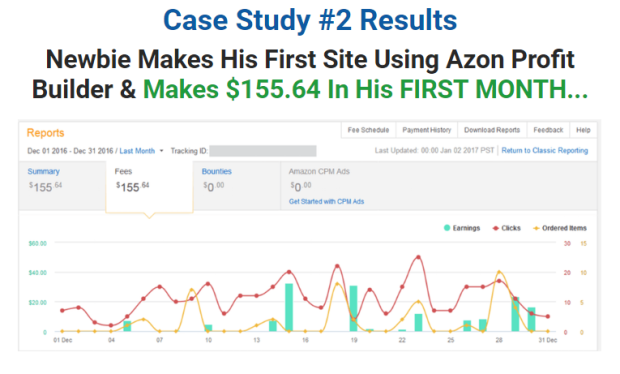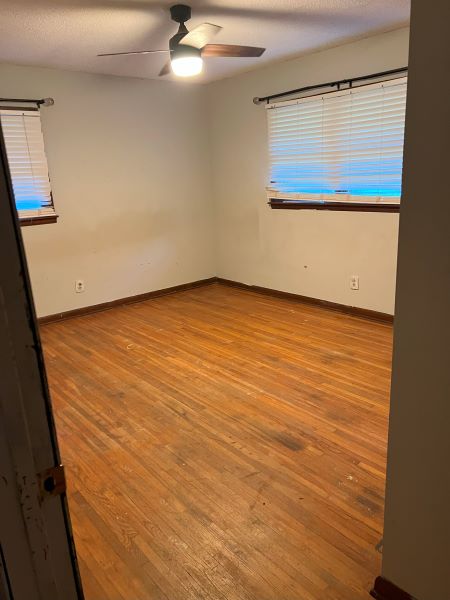 When regular people think about the hobby of boating, more likely than not, they imagine wealthy people, mimosas in hand, enjoying the sun and surf on their 40-foot yachts. For most people, maintaining this type of luxurious hobby is out of the question budget-wise. However, the truth is that boating can be as affordable as it is gratifying — if prospective boat owners are smart in how they save and spend on their vessels.
When regular people think about the hobby of boating, more likely than not, they imagine wealthy people, mimosas in hand, enjoying the sun and surf on their 40-foot yachts. For most people, maintaining this type of luxurious hobby is out of the question budget-wise. However, the truth is that boating can be as affordable as it is gratifying — if prospective boat owners are smart in how they save and spend on their vessels.
Owning a boat certainly isn’t cheap, but for those who are enchanted by the hobby and savvy with their budgets, boating can be reasonably priced and particularly rewarding.
Saving for a Boat
Saving for a boat is just like saving for any other major investment, like a house or a car. Before you start putting money into an account, you have to understand how much you already have available and how much you are willing and able to part with. Then, you should calculate how much your dream boat (or the affordable version of your dream boat) costs and evaluate how long you have until you want to get out on the water. With this information, you can instigate a savings plan that will help you accumulate enough money for your sailing dreams.
The most effective way to stay true to your savings plan is to make it happen automatically. For example, you should ask your employer to directly deposit a portion of your paycheck into a separate savings account. Then, you won’t eat into your boat savings when you dine out or go shopping because your money will be stashed in a separate account from your everyday expenditures.
However, there are dozens of other ways you can get in the habit of saving your money. For instance, you can:
- Collect the coins from your wallet, purse, sofa, and car and keep them in a jar to be added to your boat savings.
- Cut down on bad habits, like drinking, smoking, and retail therapy, which have a high price tag.
- Avoid falling victim to coupon scams, which can trick you into buying items you don’t need.
- Sign up for credit cards or rewards cards that have useful benefits.
- Never punish yourself by saving; i.e. you shouldn’t necessarily diminish your current lifestyle in pursuit of a boat
 Buying a Boat
Buying a Boat
Before you start saving, you should do research into exactly what boat you want — after all, an inflatable isn’t going to cost nearly as much as a motor yacht. While you consider your ideal make and model, you should also entertain where and from whom you will buy your boat. Certain vendors can make a substantial impact on the price of vessels, so it is important to consider multiple sellers before you put money down for a certain craft.
A brand new boat may be the most desirable, but it certainly isn’t the most cost-effective choice. Like cars, boats begin to depreciate in value as soon as they leave the showroom, so you may be able to find a vessel that is barely a year old but costs more than 20 percent less than a new version. If you are open to the idea of a refurbished boat, you should also look into boat donation charities, who restore old boats and resell them at astoundingly low prices to benefit the community.
Maintaining a Boat
Owning a boat carries almost as many responsibilities as owning a pet: You must feed it (fuel, not kibble), wash it, and take it out every once in a while to ensure it runs healthily and happily. Unfortunately, all of these responsibilities require small additional investments in your vessel which can add up over time. However, there are a few tips and tricks at keeping maintenance costs low in the long run.
First and foremost, you should never neglect your boat’s most important parts: the hull and the engine. If either element falls into disrepair, you will face a choice between spending thousands of dollars in repairs or spending about as much on a new boat. You should be familiar with the necessities of your boat’s engine, including fuel, oil, and various fluids, and you should be diligent in keeping the hull painted and sealed.
For the most part, cleaning shouldn’t be an exorbitant expense. You can make plenty of boat cleaners with household ingredients, like vinegar, baking soda, and water. Additionally, most boaters agree that most cleaning needs are moot if you remember to give your boat a freshwater wash down after every use.
Other boating fees, including marina storage and insurance payments, may not be negotiable, unless you are willing to downsize your dream boat. However, if you have worked hard to afford your craft, you should find it easy to part with the nominal monthly fees that allow you to enjoy such a worthwhile sport.
SOURCE: Free Money Wisdom – Read entire story here.



















